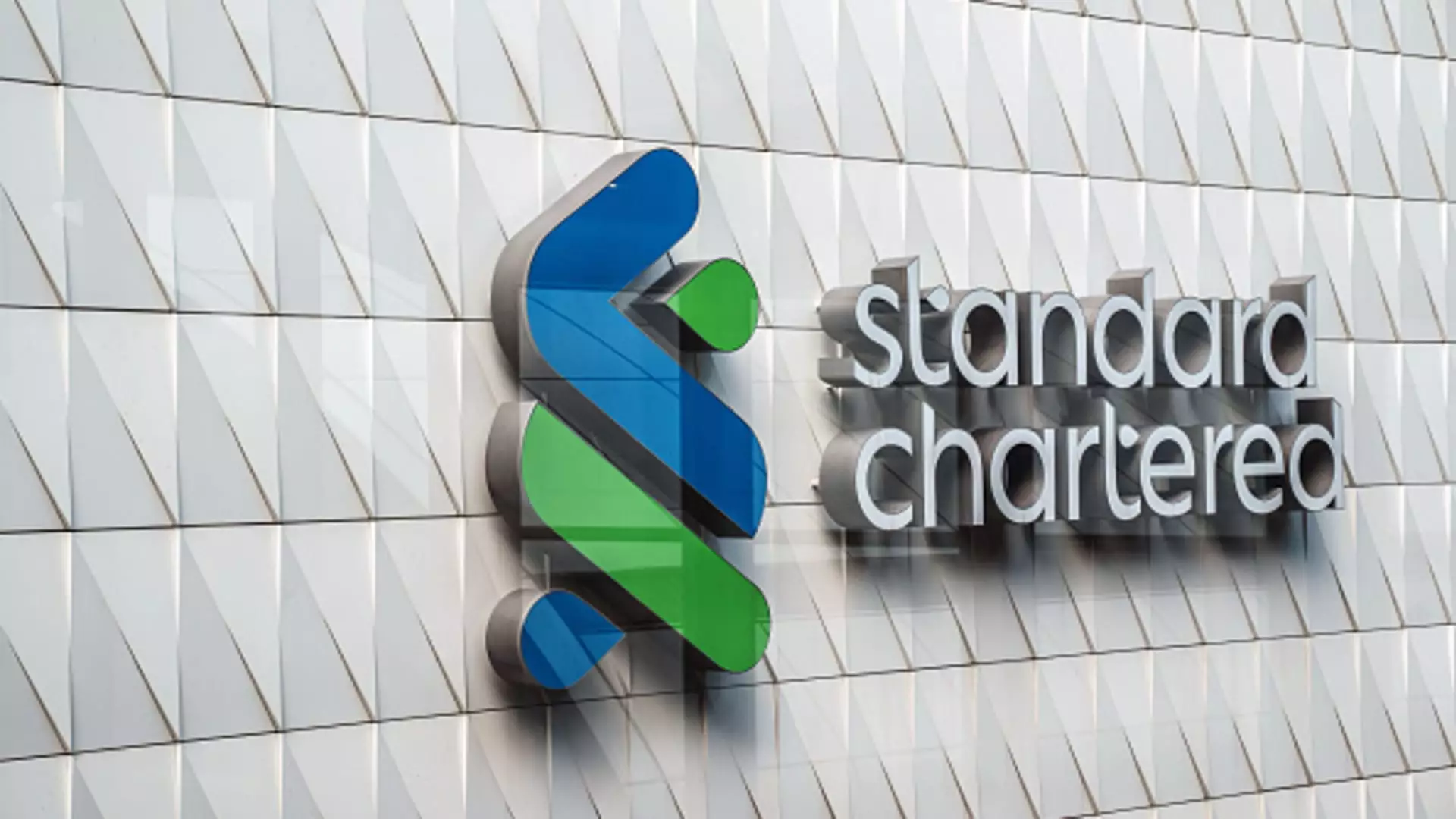Recent documents submitted to a U.S. federal court reveal troubling allegations against the major British bank, Standard Chartered. The documents claim that the bank helped finance sanctioned Iranian entities and terrorist groups, all while American authorities turned a blind eye to the evidence at hand. London-based Standard Chartered has faced hefty fines in the past for violating sanctions on Iran and other blacklisted countries. However, the bank denies running transactions for any organizations designated as terrorists. Former SCB employee turned whistleblower, Julian Knight, has come forward with new evidence that sheds light on the extent of the bank’s alleged wrongdoing.
Corruption Exposed
Knight led a Standard Chartered transaction services unit between 2009 and 2011. Along with another whistleblower, he provided U.S. investigators with confidential bank statements in 2012 and 2013. These statements supposedly contained proof of further sanctions breaches that extended beyond 2007, contradicting the bank’s claims that it had ceased dealings with Iran at that time. Knight’s court filing accuses the U.S. government of perpetrating a “colossal fraud” by ignoring damning evidence that Standard Chartered facilitated billions of dollars in banking transactions for Iran, international terror groups, and their front companies.
According to the evidence presented in the court filings, some of Standard Chartered’s clients included front companies for Iran’s Revolutionary Guard, Palestinian militant group Hamas, Lebanon’s Hezbollah, and Iran-linked entities in various countries around the world. The gravity of these allegations paints a disturbing picture of the bank’s involvement in illicit financial activities that could have severe repercussions if proven true.
Despite the whistleblowers’ efforts to bring these issues to light, U.S. authorities allegedly dismissed their claims as “meritless” in 2019. The FBI agent involved in the investigation stated that the evidence provided did not lead to the discovery of any new violations, leading to the case being thrown out of court. However, Knight maintains that the authorities misled the court and downplayed the significance of the evidence he presented, raising concerns about the integrity of the investigative process.
With Knight now seeking to reinstate his whistleblower case against Standard Chartered, the spotlight is once again on the bank’s alleged misconduct and the complicity of American authorities in disregarding vital evidence. The implications of these revelations extend beyond financial penalties for the bank, highlighting broader issues of corruption and regulatory failure in the financial sector. As the case unfolds in a U.S. federal court in New York, the truth behind Standard Chartered’s actions and the government’s response will be scrutinized more closely, calling into question the integrity of the banking system and its oversight mechanisms.
The allegations against Standard Chartered Bank raise serious concerns about corporate accountability, regulatory enforcement, and the role of whistleblowers in exposing misconduct. The outcome of this case will have far-reaching implications for the financial industry and the standards of transparency and ethical conduct that must be upheld to prevent further abuses. It is imperative that the truth be uncovered and justice served to ensure that all parties involved are held accountable for their actions.

